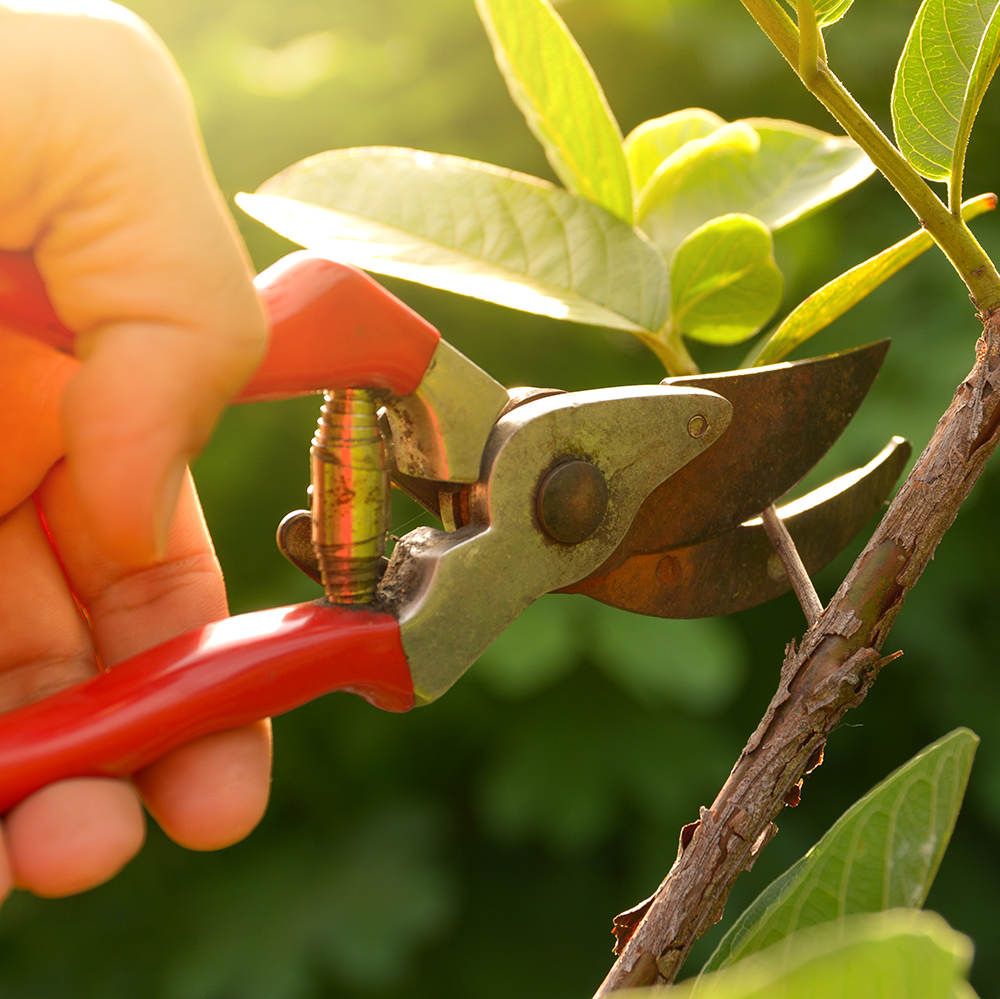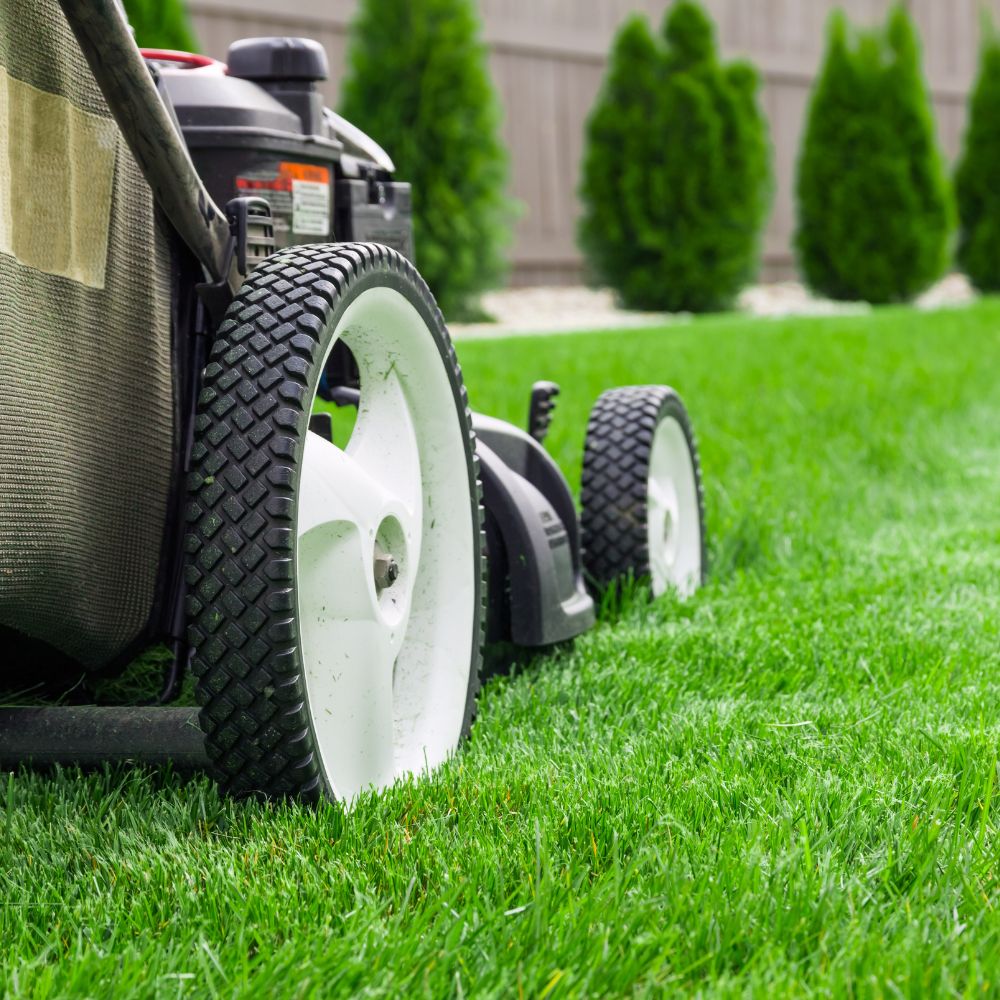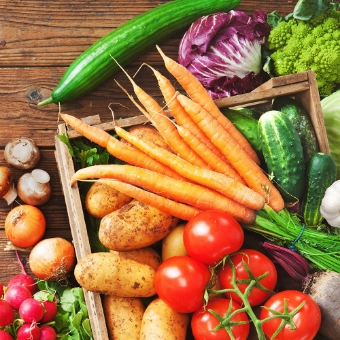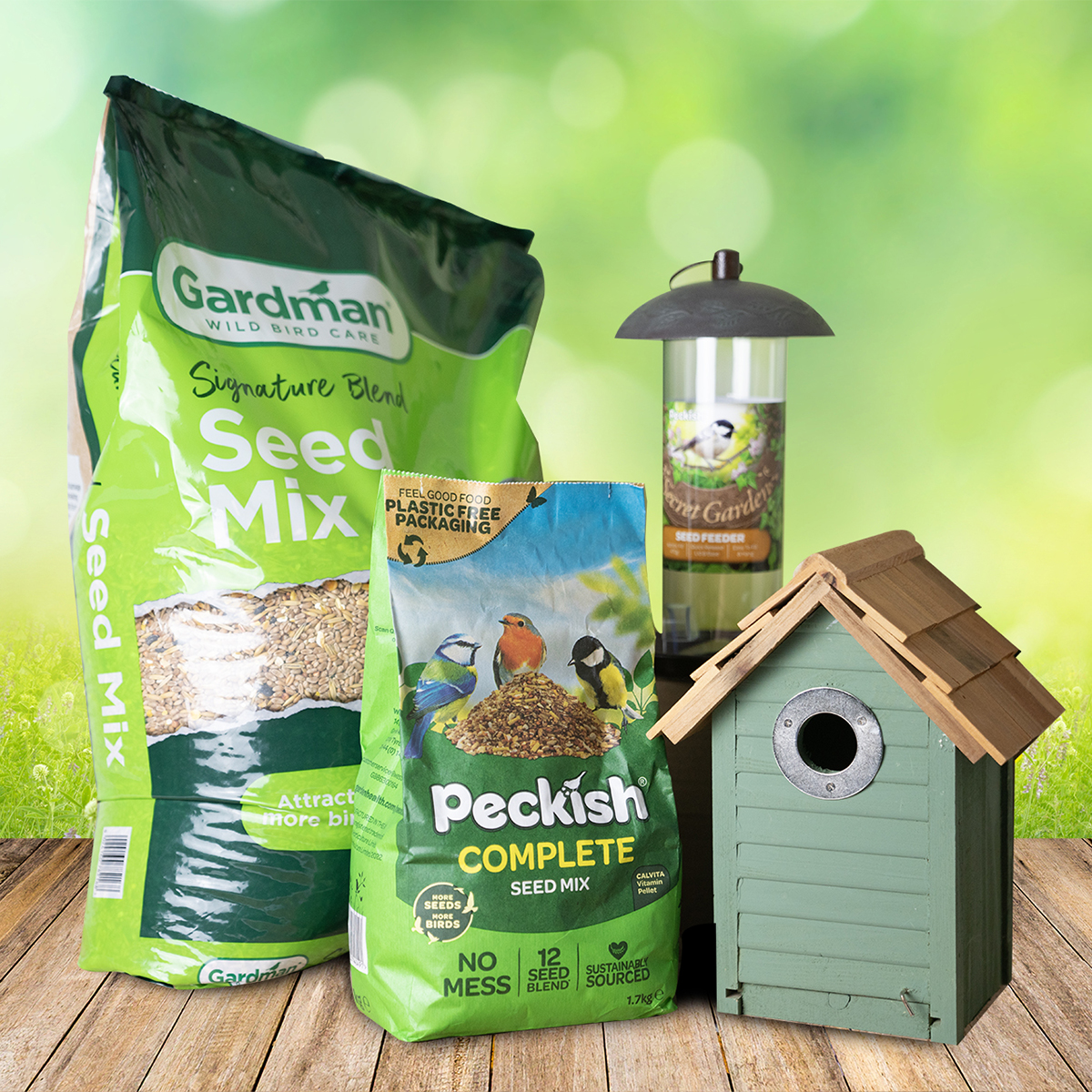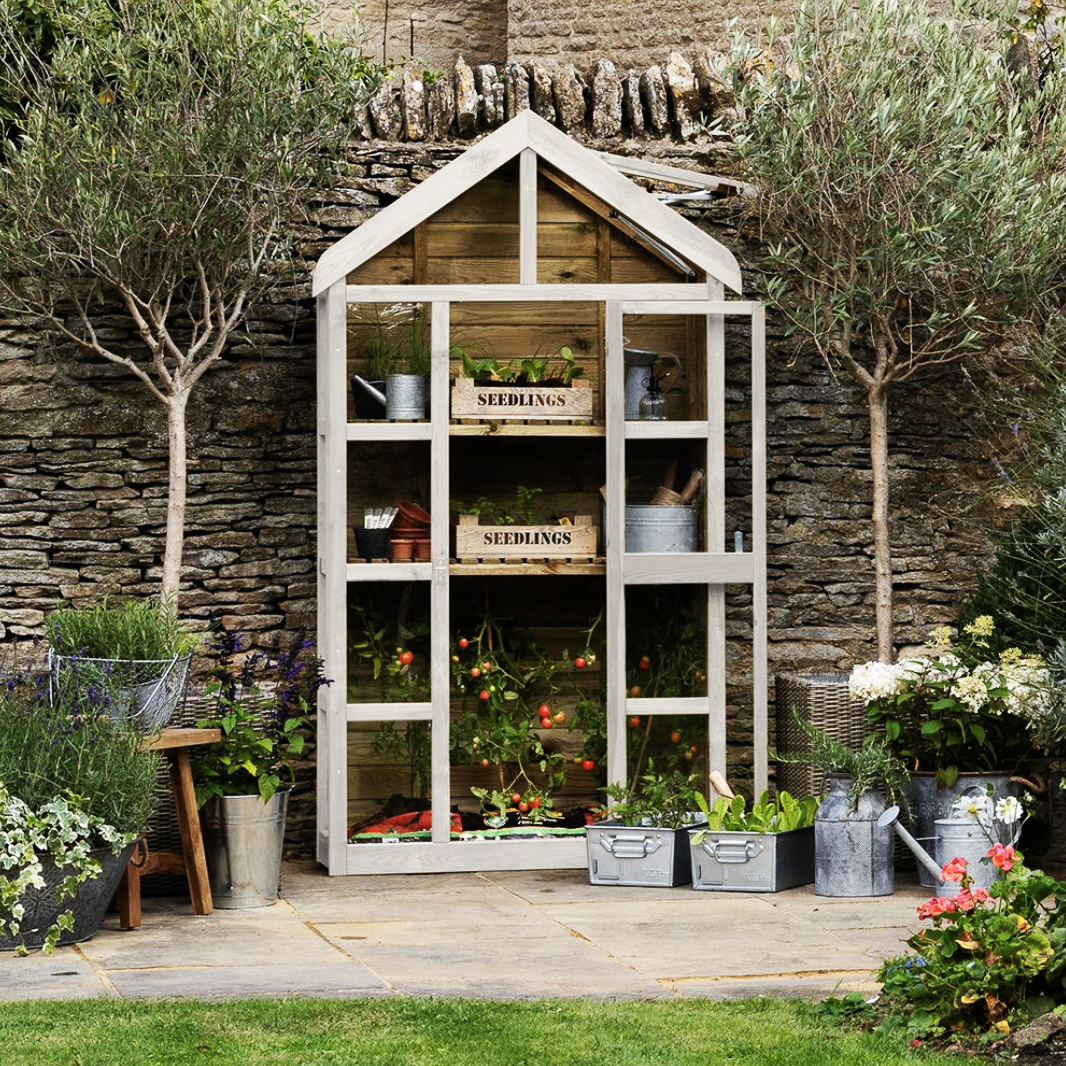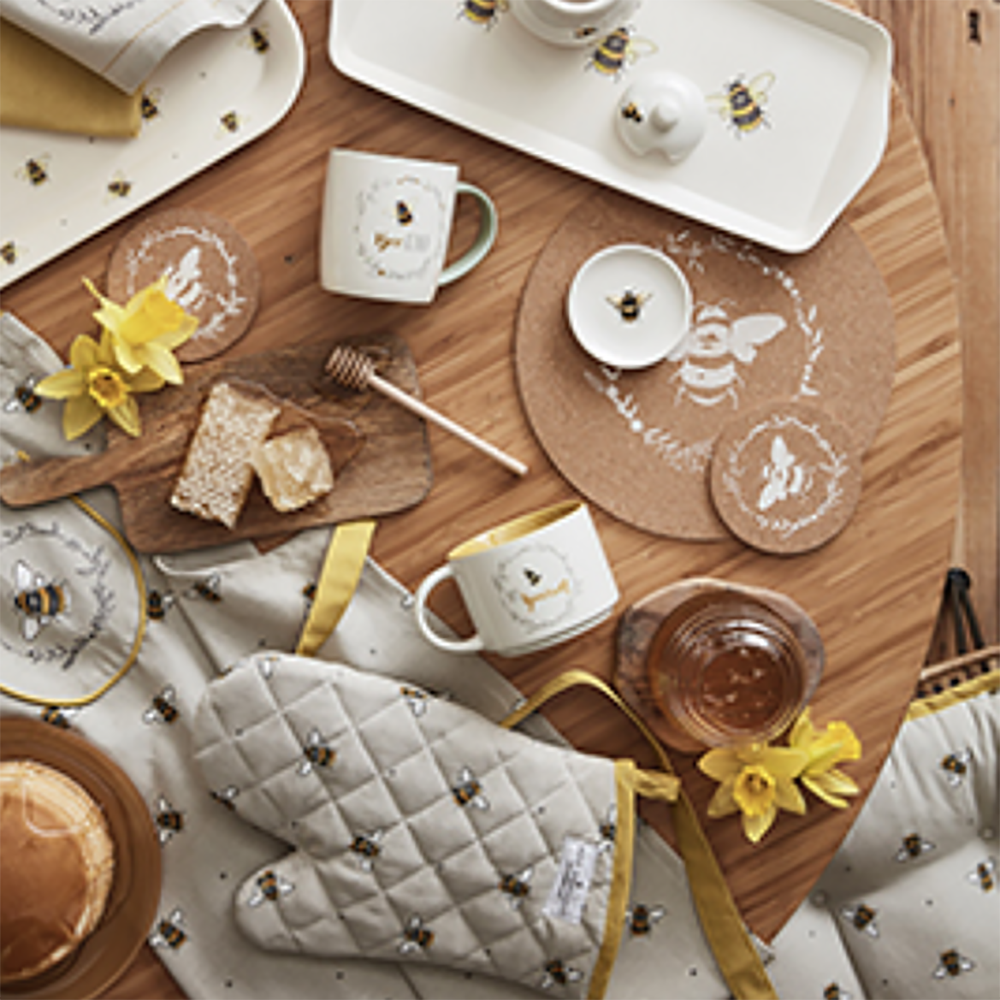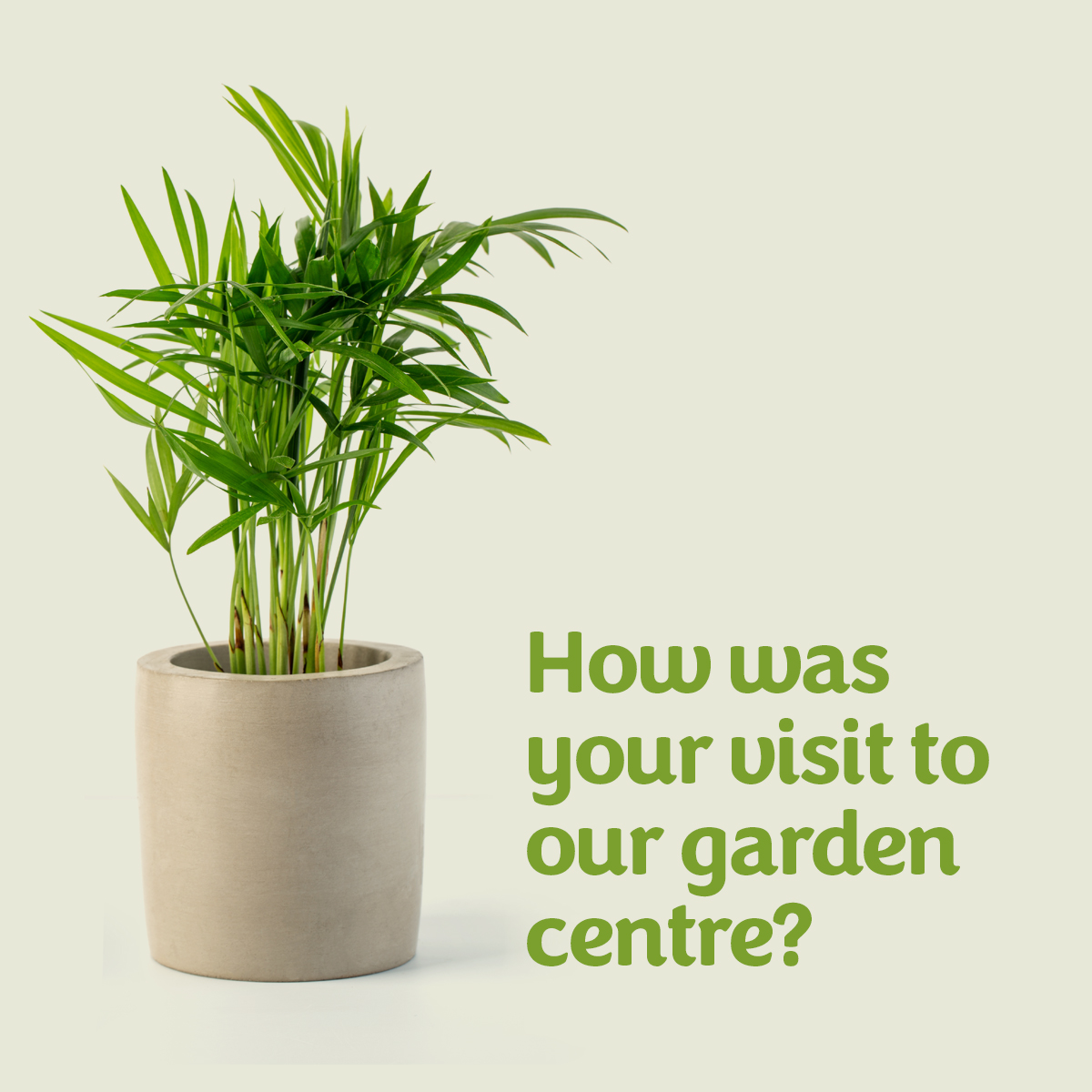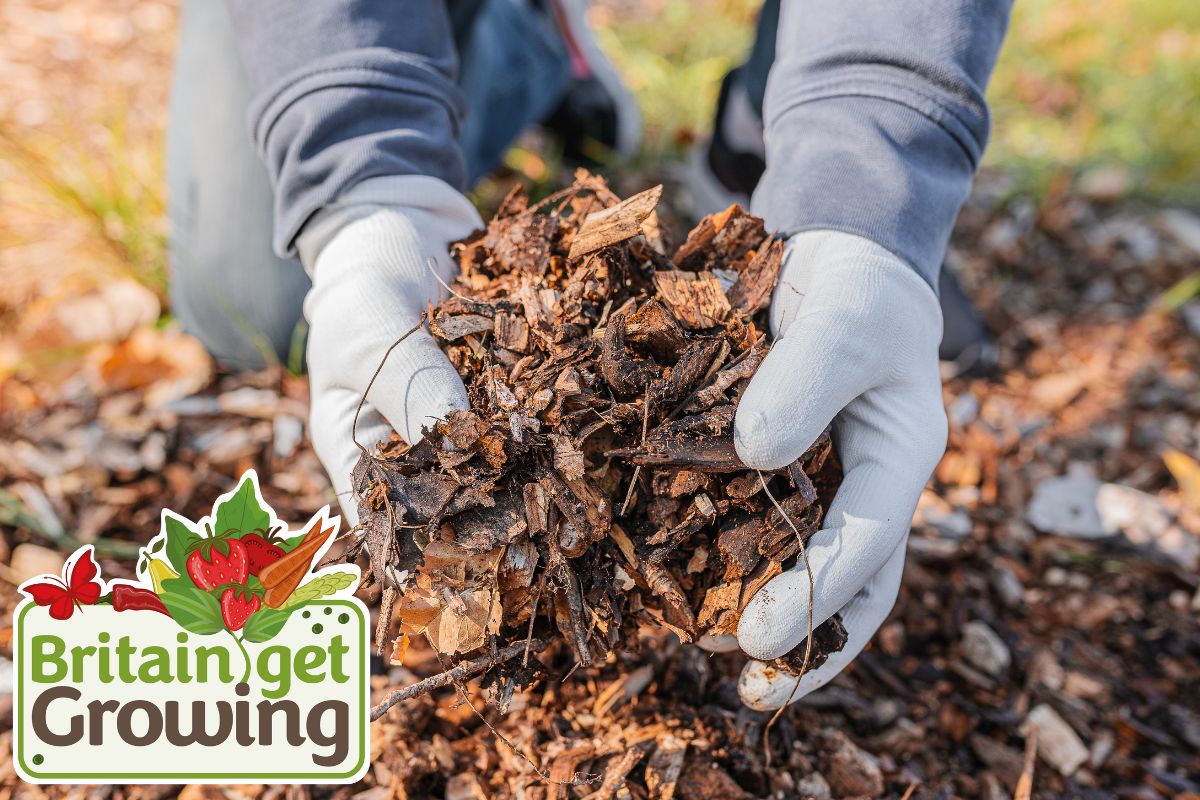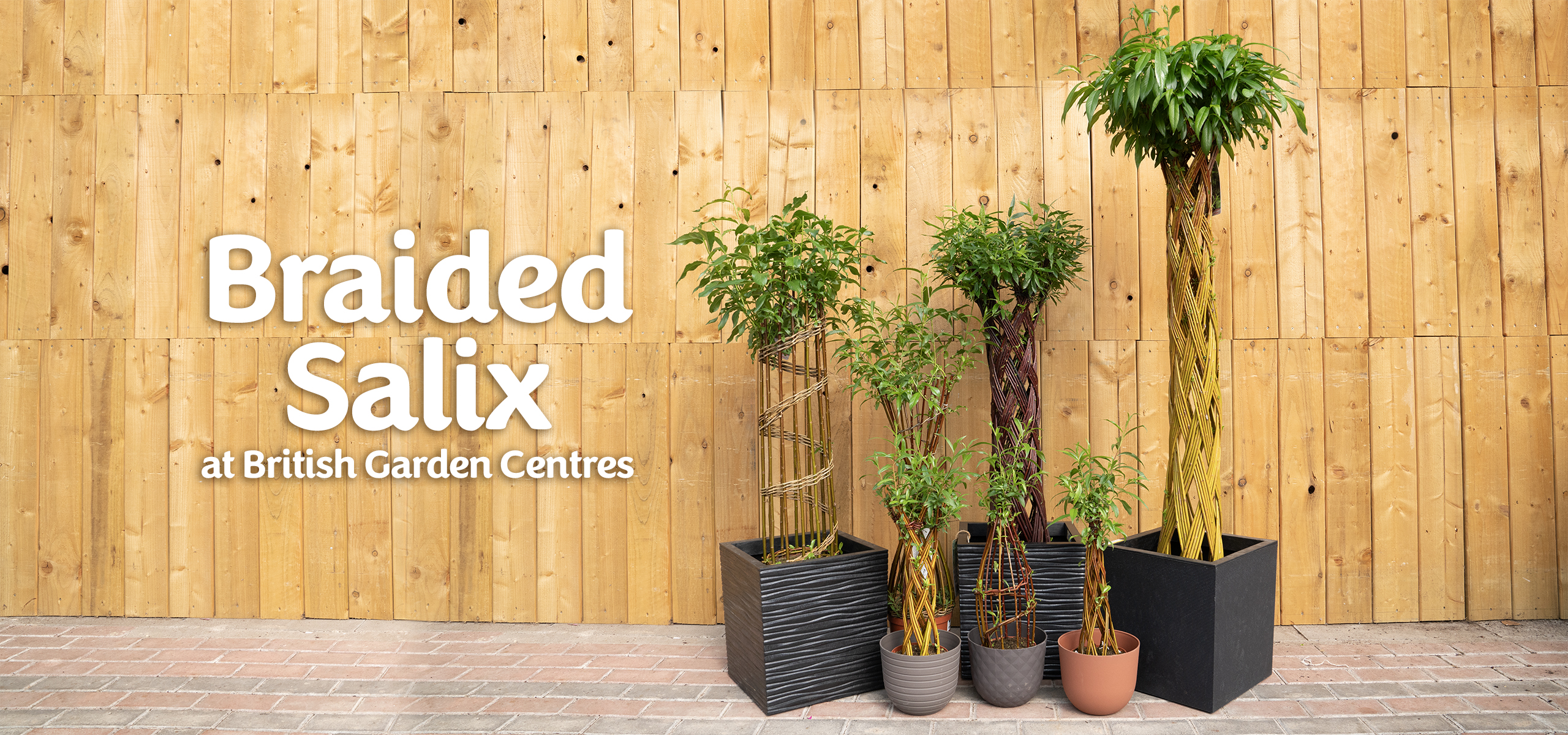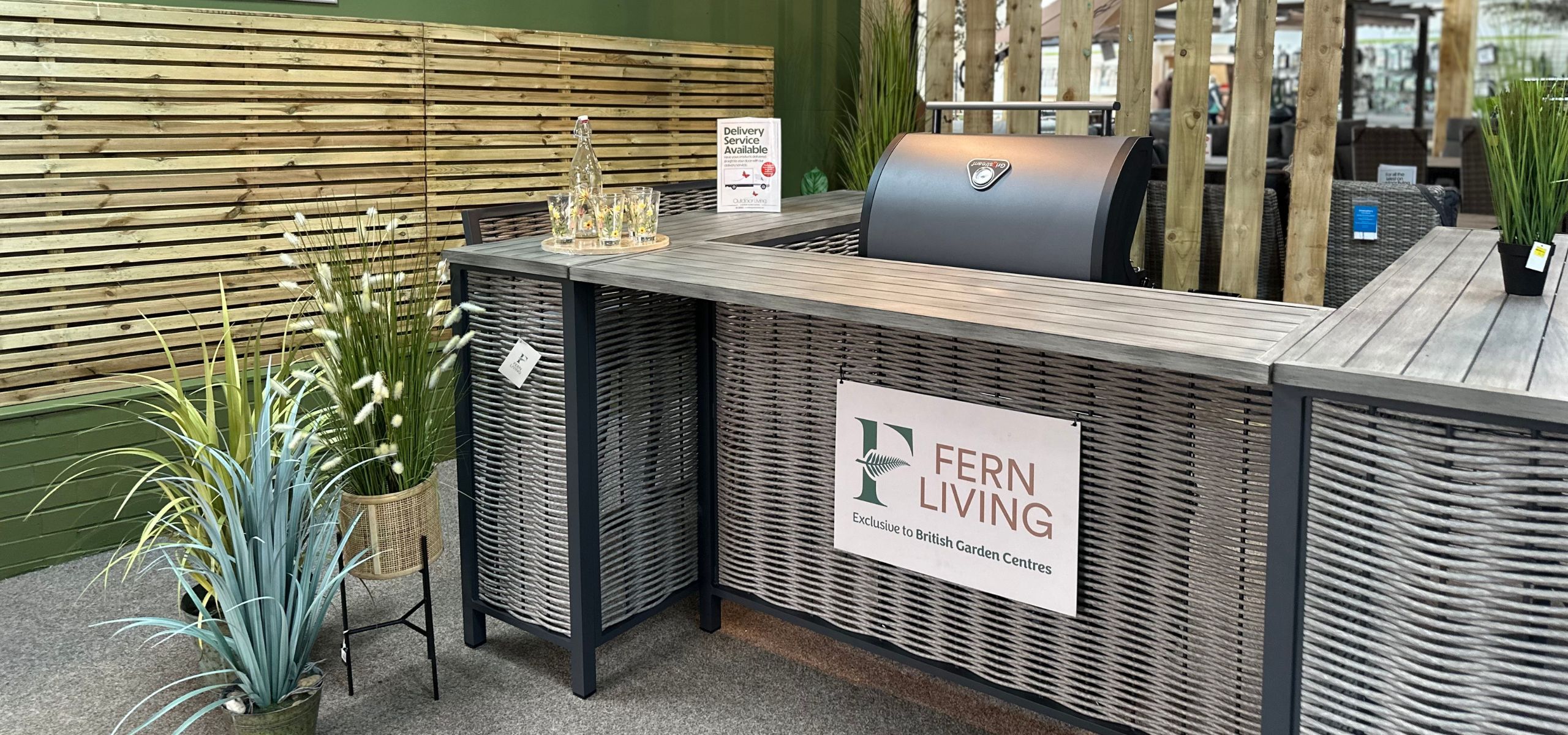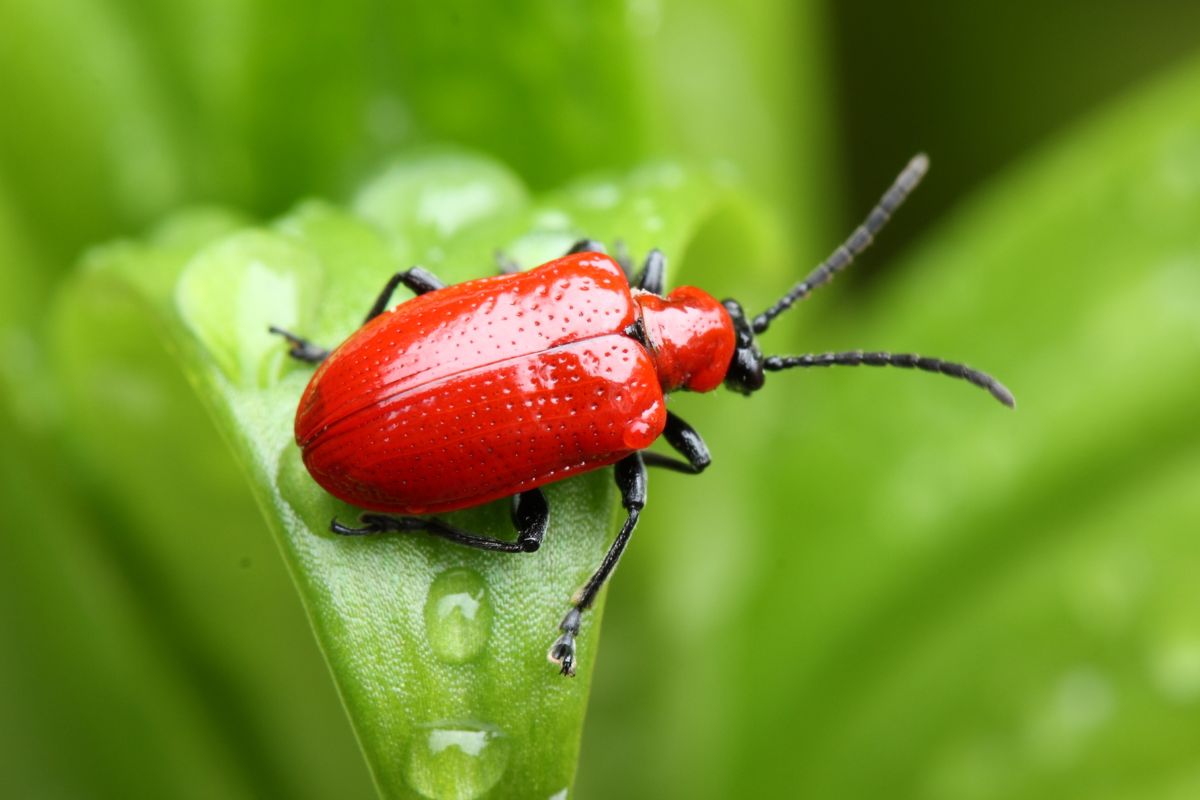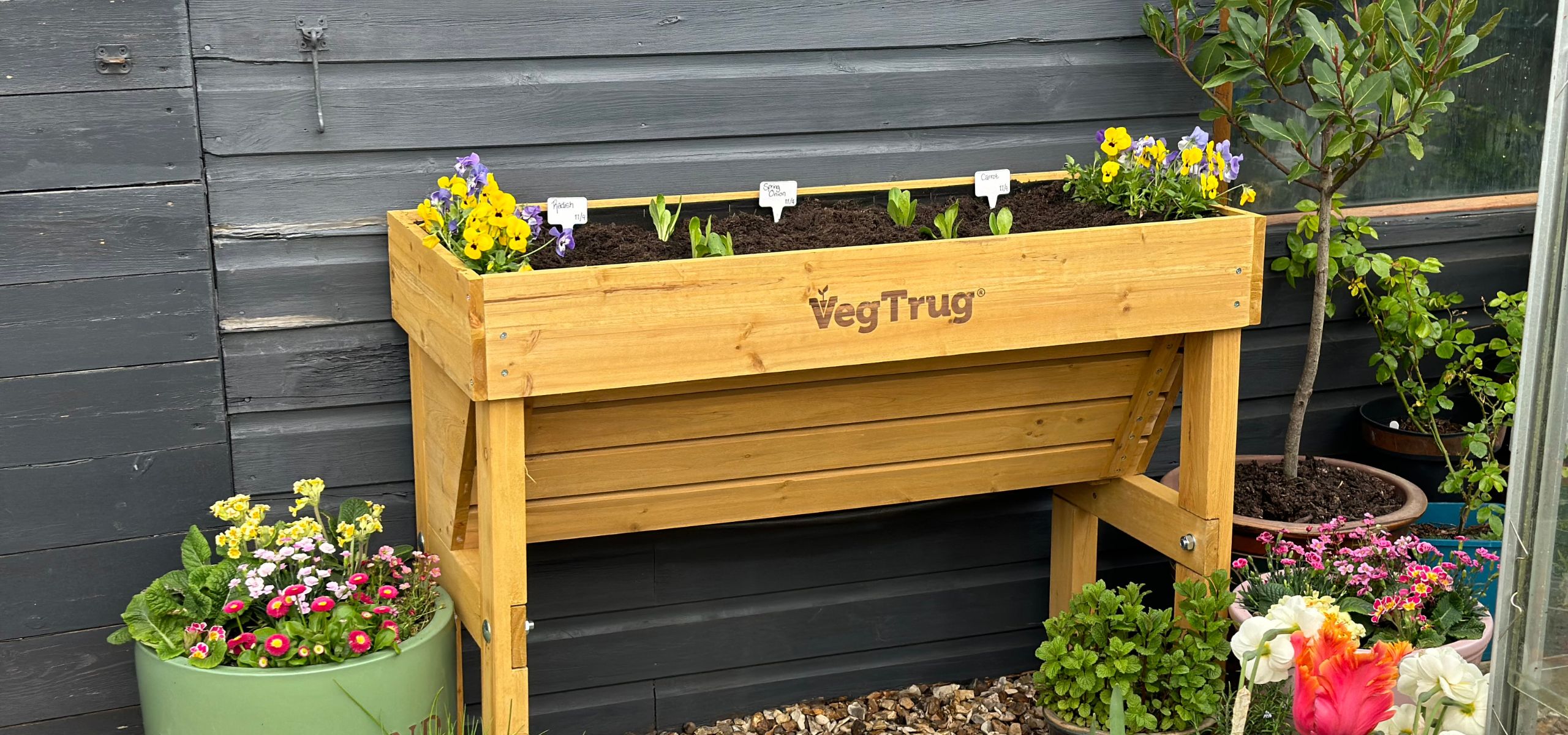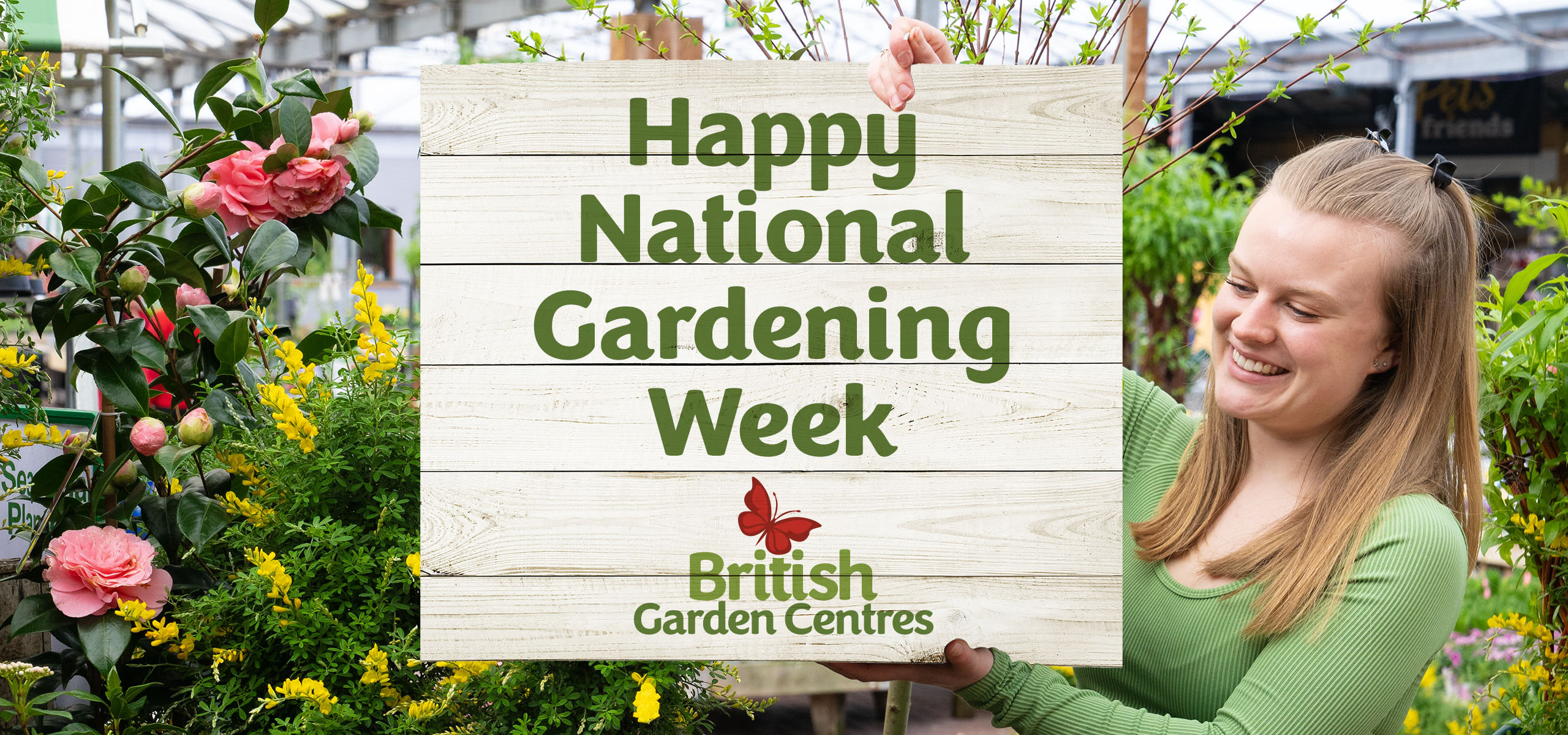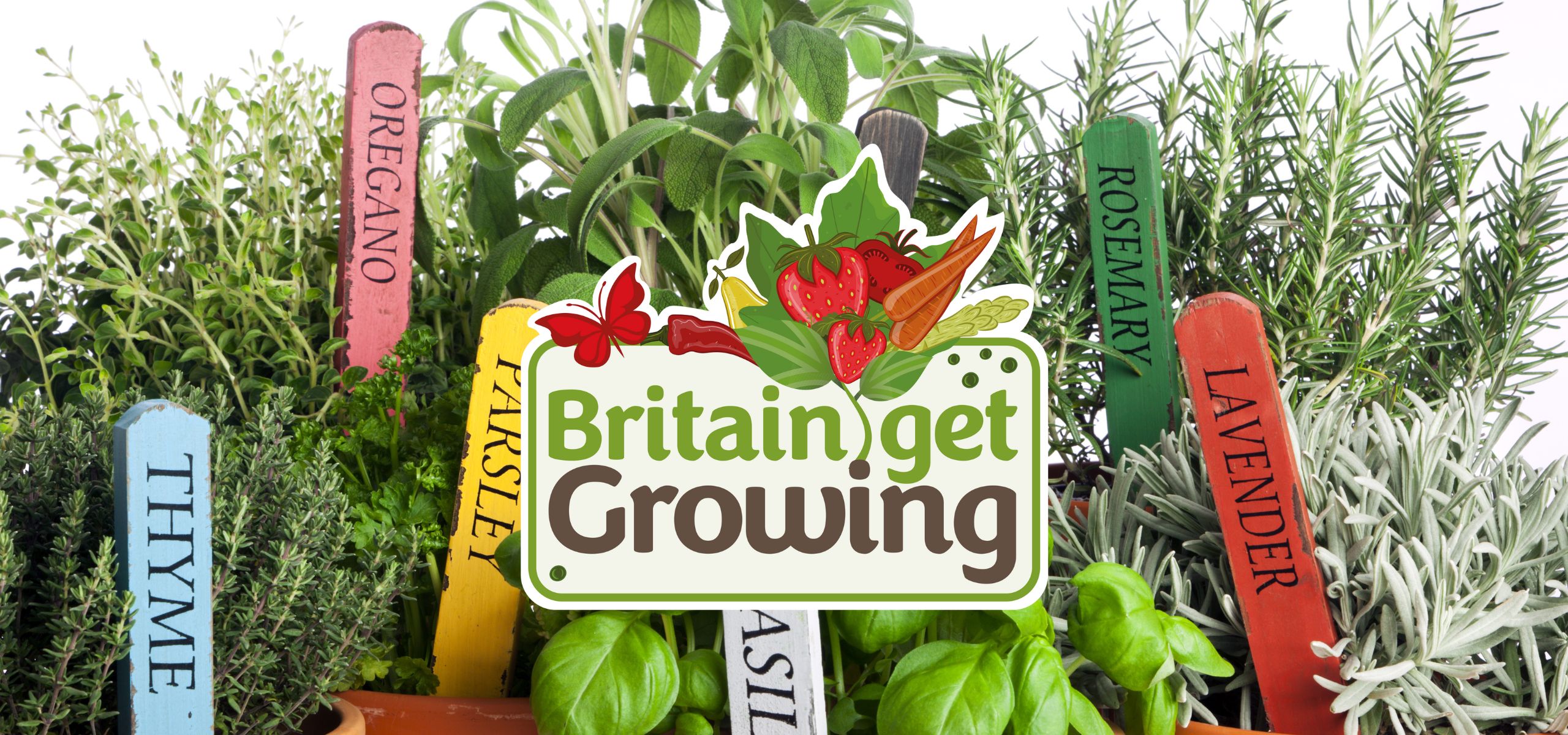With falling leaves and dipping temperatures, it's clear that autumn is fast approaching. However, don't let the darker days discourage you from enjoying your garden this month. There are still plenty of tasks that can be completed to ensure your garden is in top shape for the new year. Additionally, take advantage of any sunny and crisp days to start planning your garden for next year and keep Britain Growing!
Planning for next year
For those who have a vegetable patch, there's still time to sow produce like spring onions, winter greens, radishes, spinach, broad beans, brussels sprouts, Jerusalem artichokes, and first peas. Additionally, onion, shallots, and garlic can be planted now and will overwinter, providing a flavorful start to your garden come spring.
Fruit trees like apples and pears and fruit bushes can also be planted in the garden in November. When they arrive, soak their bare roots in a bucket of water for about thirty minutes before planting them in the ground or container. Ornamental trees, hardy annuals, flowering shrubs, and hedges can also be planted now to establish their root balls and start their journey for the new season.
During this season, winter bedding plants are an excellent choice to add a pop of colour while the rest of the garden slows down. Late bloomers like pansies, Bellis, polyanthus, and violas are easy to grow and would look great in one of our many containers available in-store.
November is the ideal month to plant tulips. Planting flower bulbs at this time reduces the risk of them being affected by viruses and allows them to establish themselves before frosts arrive. You can also get ahead for the new season by sowing sweet peas now and storing them on a porch, cold frame, or unheated greenhouse until spring.
Protect your plants
It is important to protect sensitive plants from frosts and wind damage as the weather turns colder. Place the most cold-sensitive plants in the centre of the cluster so they receive a layer of protection from the hardier plants. Place the containers into a sheltered position, and group them in a cluster. This will also help to protect your plants from pests and diseases.
You can also apply a layer of mulch around the plant’s base in the ground. Mulch acts as an excellent insulator, regulating soil temperature and moisture levels. Additionally, it helps suppress weed growth. Use organic materials such as straw, shredded leaves, or wood chips for effective mulching.
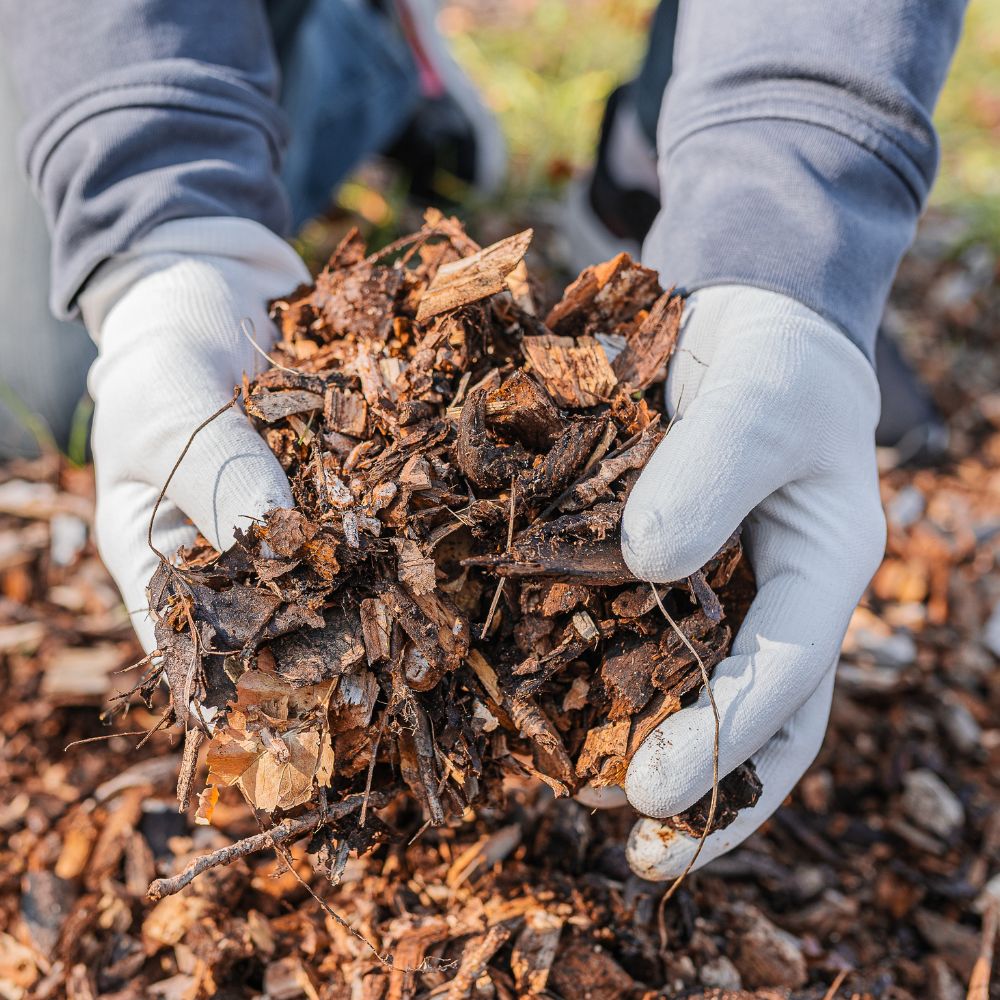
Maintenance
Preparing your soil during winter is crucial for a successful growing season. Add organic matter, such as compost or well-rotted manure, to improve soil structure and fertility. Turning the soil gently helps aerate it and allows nutrients to penetrate deeper. Remember to check the pH levels and amend accordingly to ensure optimal growing conditions.

